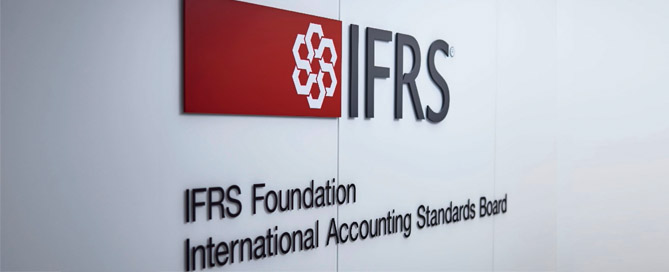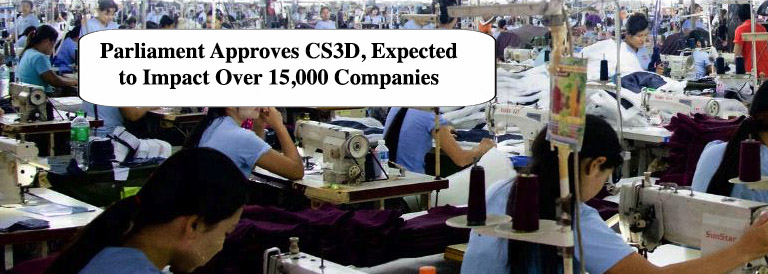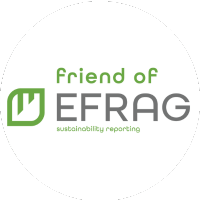New EU Proposal Aims to Tackle Fast Fashion Across Europe
On July 5, 2023, a long-awaited proposition from the European Commission was revealed, outlining plans to establish a mandatory extended producer responsibility (EPR) system for textiles across all member states. The proposed EPR scheme would place the onus on producers to oversee the entire lifespan of textile products and facilitate the sustainable handling of textile waste throughout the European Union (EU), as outlined by the commission.
Major Changes with the IFRS Standards and Global Reporting
On July 25, The International Organization of Securities Commissions (IOSCO) announced its endorsement of the International Sustainability Standards Board’s (ISSB) Standards following its comprehensive review of the Standards.
The Business Implications Of Bill S-211, Canada’s New Forced Labour in Supply Chains Act
On May 3, 2023, the Canadian Parliament made an announcement regarding the passage of Bill S-211, an Act to implement the “Fighting Against Forced Labour and Child Labour in Supply Chains Act”. If it receives royal assent in 2023, the Act will come into effect on January 1, 2024, which will require initial reports for the Act to be submitted no later than May 31, 2024.
Understanding The EU’s Corporate Sustainability Reporting Directive (CSRD)
The CSRD is set to revolutionize ESG reporting. What exactly is it, who will be impacted, what will be required and when does it take effect? Here’s everything you need to know.
What is the SEC Proposed Ruling?
The U.S. Securities and Exchange Commission’s (SEC) proposed ruling aims to enhance and standardize climate-related disclosures for investors in an effort to promote the importance of climate change risks and opportunities among public companies. This ruling, while originally meant to be disclosed in October 2022, is anticipated to be released shortly.
Parliament Approves CS3D, Expected to Impact Over 15,000 Companies
On January 5, 2023, the EU’s Corporate Sustainability Reporting Directive (CSRD) took effect, affecting 10,000 non-EU companies, including 3,000 from the US.









